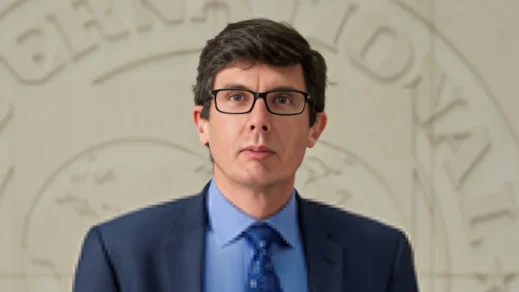An International Monetary Fund (IMF) team, led by Ali Al-Eyd, visited Kazakhstan from May 15 to 23, 2025. The visit aimed to assess the country's recent economic and financial developments and discuss future policy priorities. At the end of the mission, Mr. Al-Eyd released a statement detailing their findings.
According to Mr. Al-Eyd, "Real GDP growth accelerated to 6 percent in the first four months of 2025 from 4.8 percent at end-2024." This growth is attributed to robust activity in sectors such as services, transport, construction, manufacturing, and extractive industries. He noted that domestic demand is bolstered by strong consumer credit growth and an expansionary fiscal stance.
The IMF projects a moderation in growth for 2025 to about 5 percent due to slower trading partner growth and lower global oil prices affecting non-oil activities. Non-oil GDP growth is expected to stabilize at approximately 3½ percent over the medium term.
Mr. Al-Eyd highlighted that "Monetary policy continues to be restrictive" due to inflation concerns. Inflation reached 10.7 percent in April 2025 because of both domestic and external pressures like exchange rate fluctuations following the tenge's depreciation in late 2024.
The fiscal outlook shows widening deficits due to falling oil prices. The IMF anticipates an expansionary fiscal stance for 2025 with a non-oil fiscal deficit increase from 7.9 percent to just over 8 percent of GDP. Future plans include increasing VAT rates and improving revenue collection through digitalization.
Financial stability remains under control with well-capitalized banks despite elevated consumer credit levels at around 31 percent year-on-year as of March 2025. Mr. Al-Eyd stated that "Plans to tighten macroprudential policies are welcome" as they aim to curb risks from rapid consumer lending.
He warned of downside risks linked with global trade tensions and domestic challenges like delays in infrastructure projects which could impact economic stability but noted that large financial buffers help mitigate these risks.
Finally, Mr. Al-Eyd emphasized the importance of structural reforms for sustainable medium-term growth: "Decisive implementation of structural reforms is needed." These reforms should focus on reducing state influence in the economy, enhancing public governance, improving market regulations, and promoting diversification.
The IMF team expressed gratitude towards Kazakh authorities for their cooperation during this visit.

